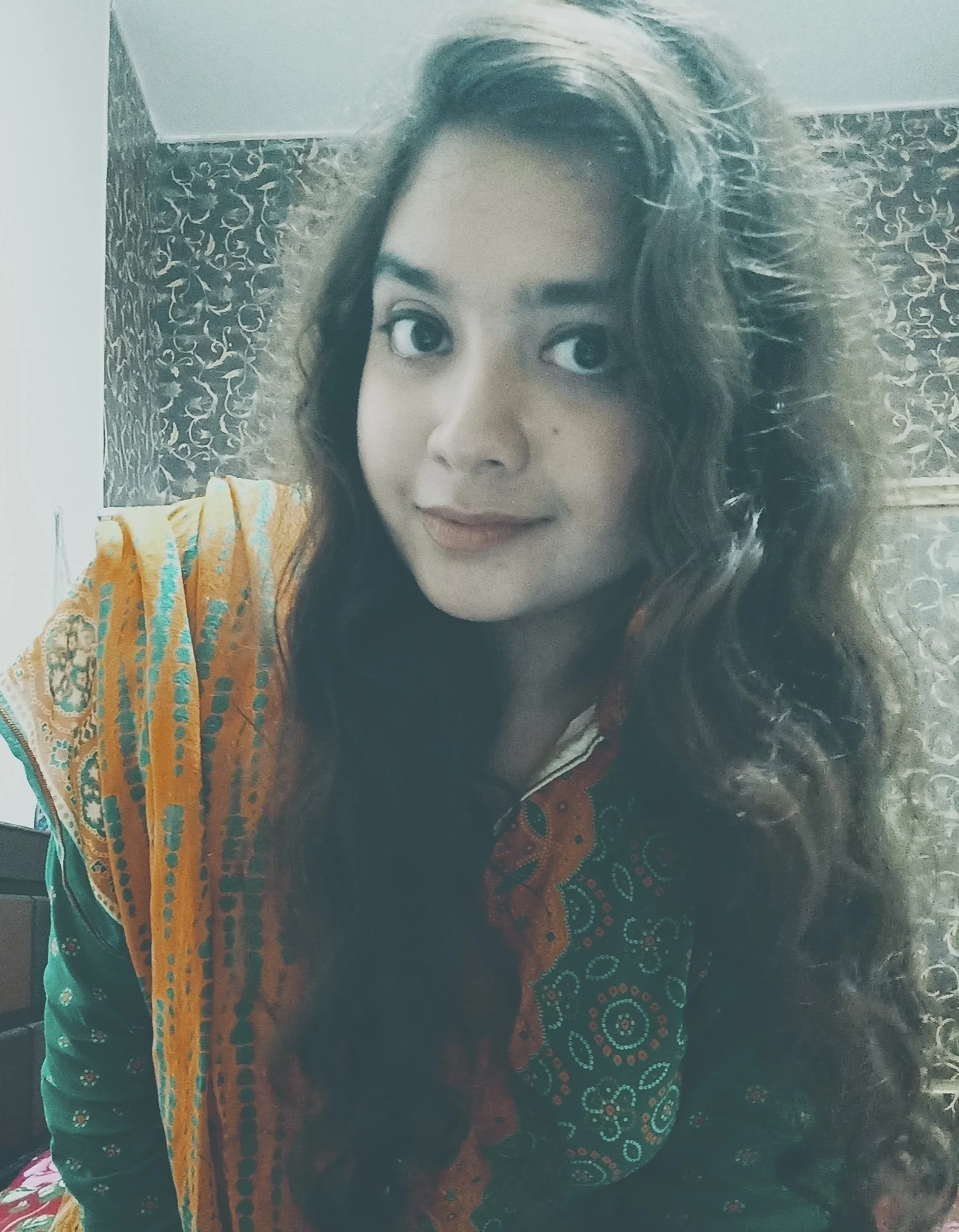POEM OF THE MONTH | DECEMBER: SOLITUDE
Small Boat, Big Sea by Derek Mueller
self-portrait as god holding the dead in his palms
Ammara Younas
here's a girl who burned a house before it could burn her /
here's a boy / more sure of his godliness than i am of mine /
here's a child / a ripple of hunger caught in a good surprise
and i’m the roundness of all of them consuming / husks /
& the hubbub / i am as erased & as doorless / as a leaf in
a windless dream that stays moving / moving // i’m sorry
i tell them / death was just a rhetoric / in the blued bedlam /
of the unbroken eye / no they couldn't understand the seamless
water / they needed / the tides / yesyes / they needed the /
tides / or maybe i did // here lies a hummingbird eating its
own viscera / to produce a sound you might think a song /
maybe i'm the song / & / they / the voice i come from /
what they don't understand is that i’m subterranean / carried
like sugar on an ant’s back / i can’t carry myself // here's
the withs & the withouts / ands & ors / oarless boats
/ & boatless oars / & the chill / the crippling wingless chill
clotting on an operating table / no one comes to save her /
no / no one comes / later / i kiss the filth in my palms /
& wash my hands / forever // sometimes i ask myself / if life
is reciprocal / why not death? / how when everyone leaves /
only i remain / & the painfully insipid aftertaste / i can't wash
off my hands / & when / like you / i try to listen to myself / there
is no whisper no vibration / only a distant dream / of a promise
of embrace / that never fulfills itself / a promise so terribly
magnified / i can't recognise its face anymore // it is good to die
Ammara Younas, a poet from Pakistan, has work published & forthcoming in Rattle, Glass, Tahoma Literary Review, The Shore, wildscape. literary journal, Gabby & Min's Literary Review, The Imagist, Small World City, Lakeer, and Resonance. She is currently serving as a guest editor at Subtext Literary Magazine.
Contributor’s Note
I've always wanted to capture an alien character in my poetry. I believe that if I can successfully do so, its experiences might mirror my own and help me understand the things I struggle to grasp about life and living. Trying to comprehend something solely through your own experiences feels exhausting. I think the urge to write about "The Other" stems from a deep need to relate to them.
I've witnessed death throughout my life, and it has left me constantly worried about the people who are still with me. Death itself might not be so terrible, but being on the other side of it feels unbearable. You become perpetually lonely, even in the company of others, because you know they'll leave eventually. So the longing for resonance—for some sense of comprehension—drives both the things you consume and the things you create. Perhaps this poem was born from that longing. I'm still trying to understand.
—Ammara Younas
Editor’s Note
In “self-portrait as god holding the dead in his palms,” space and slashes work as breaths between devastating revelations. I’m struck by how the poem navigates loneliness through its unusual lens—a god more uncertain than their creations, “more sure of his godliness than i am of mine.” The poem’s central question of reciprocity is as philosophical as it is one of personal dread: “if life / is reciprocal / why not death?” The imagery is haunting and precise: a hummingbird eating its viscera to make song, sugar on an ant’s back, the “crippling wingless chill / clotting on an operating table.” Through this masterful accumulation of details, the poem transforms alienation into connection, making the incomprehensible somehow knowable, if not entirely understood.


